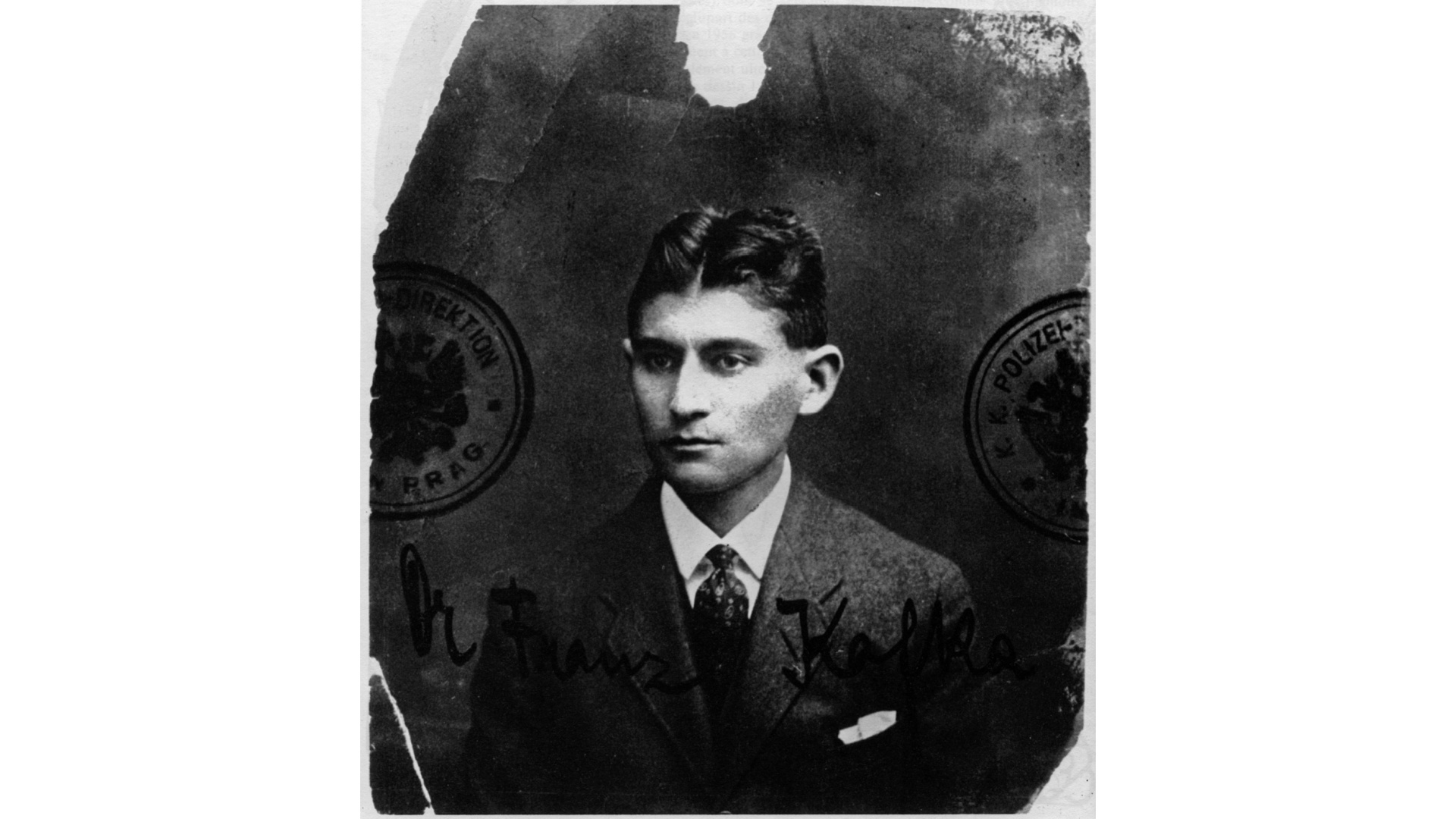Franz Kafka is one of a handful of writers whose names have become an adjective. First coined in the 1940s, the ‘Kafkaesque’ was originally used as a byword for state-sponsored terror, whether fascist or Soviet, but since then its scope has vastly expanded.
Today’s uses range from the more trivial frustrations of daily life to serious miscarriages of justice, such as the Post Office Horizon IT scandal. During his 2023 trial for ‘discrediting’ the Russian army, which resulted in a 2.5 year prison sentence, the human rights campaigner Oleg Orlov pointedly sat in the courtroom reading Kafka’s The Trial. More recently, Kafka’s novel has been evoked by the US far-right newspaper The Epoch Times in an article about Donald Trump’s hush money trial. Likening ‘Donald T.’ to Josef K., it claims that the former president ‘has been subjected to more bizarre allegations, secret investigations … and prejudiced legal proceedings than even Kafka could have imagined’.
We cannot know what Kafka would have thought about his iconic status
Kafka, who was a reticent and deeply self-critical person, would probably be horrified by the existence of the Kafkaesque – but also maybe just a little gleeful.

Britain’s best politics newsletters
You get two free articles each week when you sign up to The Spectator’s emails.
Already a subscriber? Log in







Comments
Join the debate for just £1 a month
Be part of the conversation with other Spectator readers by getting your first three months for £3.
UNLOCK ACCESS Just £1 a monthAlready a subscriber? Log in